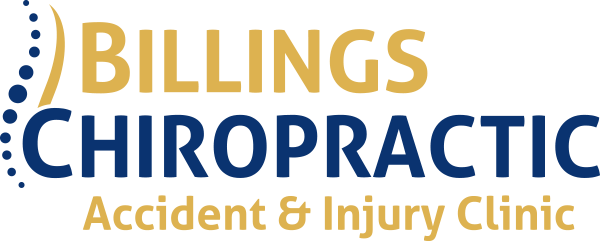Are you currently dealing with a personal injury case and worried that your memory might be working against you? It’s a common concern for many individuals, but don’t let it keep you up at night. In this blog post, we’ll discuss the truth about memory and personal injury cases, and give you some tips to help you win your case, even if your memory is not perfect.
First, let’s talk about memory and how it works. Our memories are not always accurate, and they can be influenced by many factors, such as emotions, stress, and the passage of time. That’s why it’s common for individuals to remember things differently than they did at the time of the accident. However, that doesn’t mean that your case is automatically lost.
One of the most important things to remember is that your memory is just one piece of evidence in your case. There are many other factors that can help prove your case, such as witness testimony, medical records, and physical evidence. So, if your memory of the accident conflicts with things you might have said at the time, it doesn’t necessarily mean that you are lying or that you won’t be able to win your case.
However, it’s important to be upfront and honest with your attorney and the court. If your memory has changed, let them know as soon as possible. It’s better to address any inconsistencies early on than to have them brought up during the trial. Your attorney can help you navigate the legal process and present your case in the best possible light.
Another important factor is credibility. If the other side believes that you are lying or not being truthful, it can harm your case. That’s why it’s crucial to be consistent and truthful throughout the entire legal process. If your memory has changed, explain why and be clear about what you do remember. It’s better to say that you don’t remember something than to make up a story that isn’t true.
